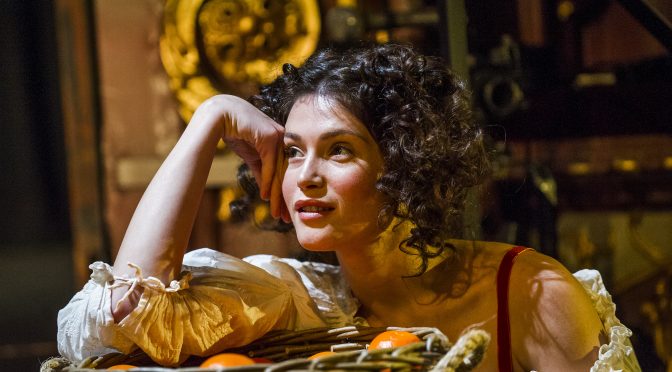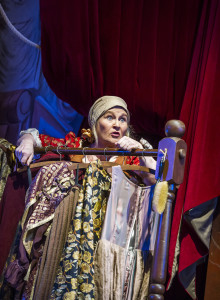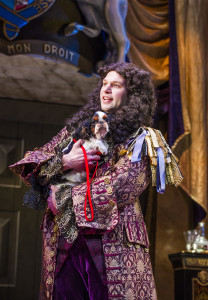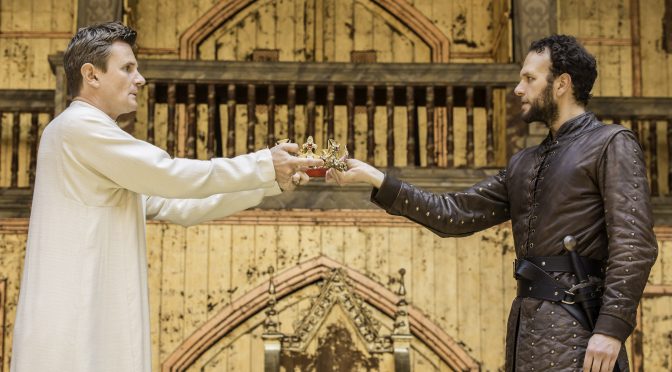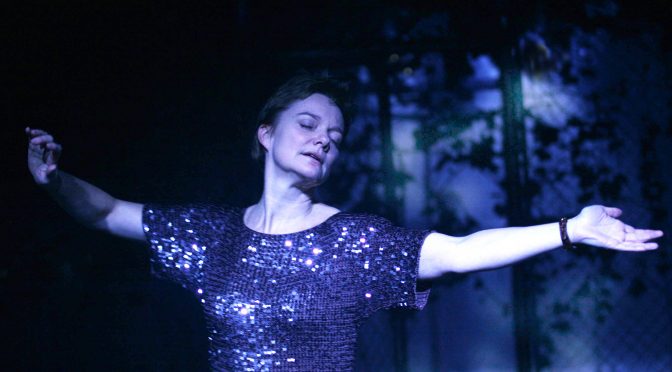This blog is about loving theatre. So, Jack Thorne’s play, which goes behind the scenes of Richard Burton and John Gielgud’s 1964 production of Hamlet, is a welcome transfer from the National Theatre. With Sam Mendes directing, it’s sure to thrill theatregoers. It really is a great show.
There’s a trick that’s neat, if not uncommon. Like lots of writers who use Shakespeare’s quotes, the play’s the thing that tells us about the creative process and the people who are performing. The idea structures the play (each scene comes with a quote) and provides a quest – Burton must find “his” Hamlet.
While there’s debate about tradition and youth, with Burton and Gielgud representing different ages, there’s a struggle with the thrill of seeing the two greats depicted. Both are vulnerable – Gielgud’s career is in the dumps and Burton’s drinking on the rise – but we never question their genius. And the fact they are at odds adds a lot of humour. Almost every line is entertaining.
There are problems. I guess you wouldn’t see the play without knowing Hamlet… but that knowledge is essential. And not a passing acquaintance with the play, either. When Thorne does provide background, it rings hollow – there’s too much listing of achievements. It’s frustrating as a solution is present. Burton’s wife, Elizabeth Taylor, is the outsider who could help the audience. Possibly a desire not to patronise Taylor won out. But the character ends up underused. A great shame given Tuppence Middleton’s strong performance in the role.
Which leads to another question. This rehearsal room is full. The production boasts a strong cast that includes Allan Corduner and Sarah Woodward in great form. We all know theatre is a collective effort. But the play is overwhelmed by its central duo. Mirroring Burton’s dilemma – ego takes over. Despite Gielgud’s effort as his director, we don’t see him learning much from anyone. You might argue this is a play about how theatre works… that doesn’t show us how theatre works.
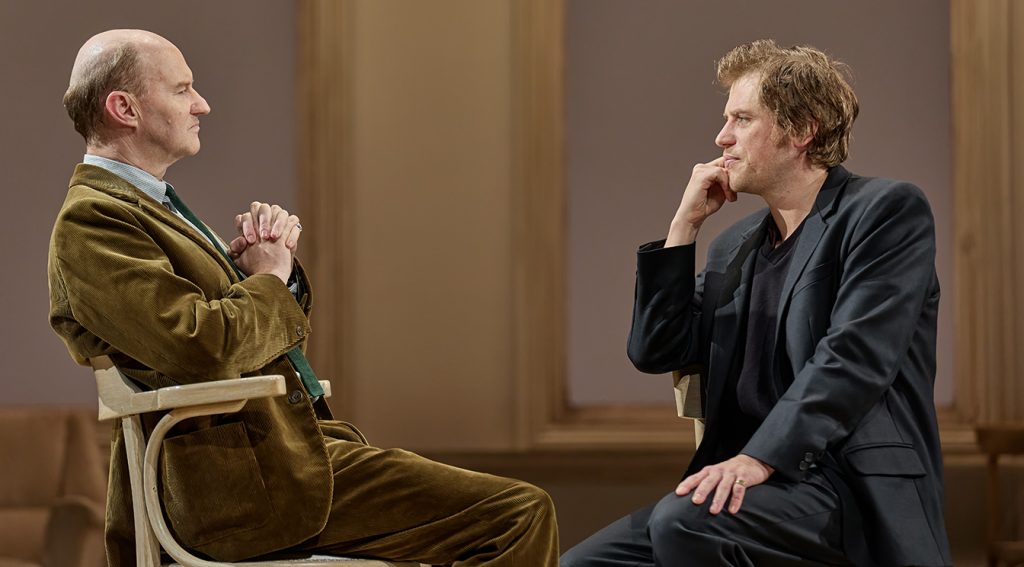
It’s hard to know how much such quibbles matter. Mendes brings great style to the show, with the help of designer Es Devlin and lighting from Jon Clark. As well as wringing out big emotion – both Burton and Gielgud’s demons get an airing – the comedy is perfect. And while the lead performances share the danger of unbalancing the production, they are spectacular.
Johnny Flynn plays Burton with breath-taking charisma. It’s a harsh depiction, especially when he is drunk, but you’d still forgive the character almost anything. And you’re convinced his Hamlet was amazing. But since the show contains a battle of egos… Gielgud wins and Mark Gatiss, who takes the role, gives the performance of his career. The impersonation is remarkable – I swear Gatiss starts to look like the man. We see plenty of snobbery but come to understand it as a defence mechanism. Not only is he funnier, in Gatiss’ hands the older man becomes a figure of huge sympathy.
It is with the figure of Gielgud that the transitory nature of theatre, the important role its history plays, the creative struggle and bravery behind putting on a show all become clearer. So…Gielgud is doing a lot of work. And Mendes gets to remind us how important the director is! Burton finds his Hamlet. But nothing happens without Gielgud.
Until 24 March 2024
Photos by Mark Douet




